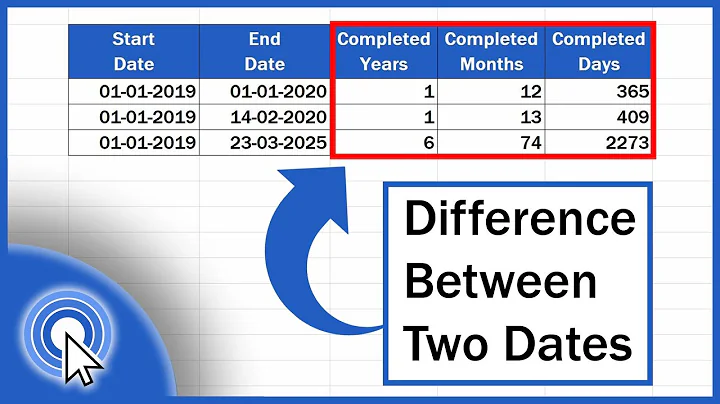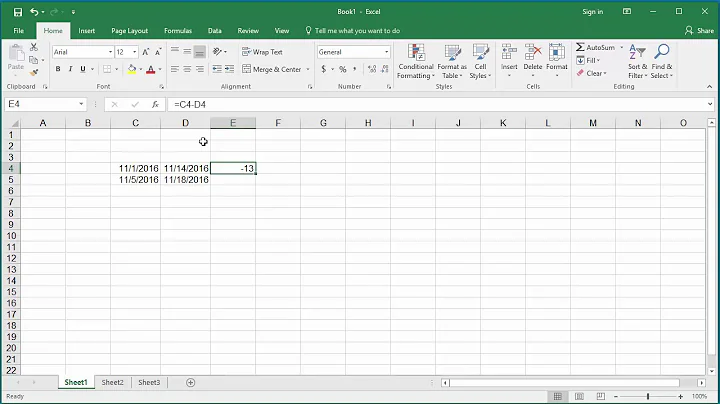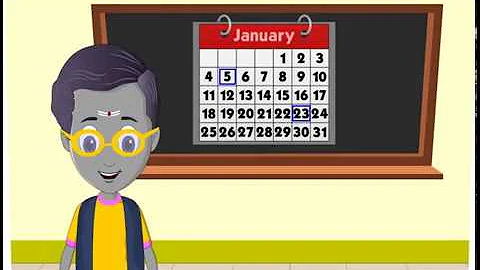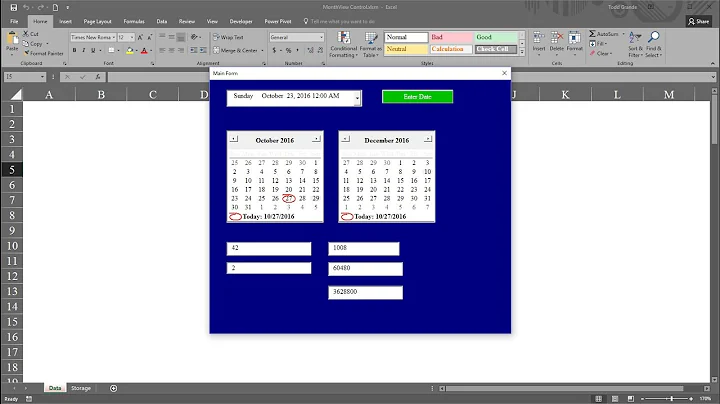Calculate number of days between two dates?
Solution 1
Your program seems to work as intended. I'm getting 45.55 hours. Have you tried to run it locally?
Playground time is fixed, time.Now() will give you 2009-11-10 23:00:00 +0000 UTC always.
Solution 2
package main
import (
"fmt"
"time"
)
func main() {
date := time.Now()
fmt.Println(date)
format := "2006-01-02 15:04:05"
then,_ := time.Parse(format, "2007-09-18 11:58:06")
fmt.Println(then)
diff := date.Sub(then)
//func Since(t Time) Duration
//Since returns the time elapsed since t.
//It is shorthand for time.Now().Sub(t).
fmt.Println(diff.Hours())// number of Hours
fmt.Println(diff.Nanoseconds())// number of Nanoseconds
fmt.Println(diff.Minutes())// number of Minutes
fmt.Println(diff.Seconds())// number of Seconds
fmt.Println(int(diff.Hours()/24))// number of days
}
Here is the running code https://play.golang.org/p/Vbhh1cBKnh
Solution 3
the below code gives the list of all the days along with the number of days between the from date and to date: you can click on the link for the code in Go PlayGround:https://play.golang.org/p/MBThBpTqjdz
to := time.Now()
from := to.AddDate(0, -1, 0)
fmt.Println("toDate", to)
fmt.Println("fromDate", from)
days := to.Sub(from) / (24 * time.Hour)
fmt.Println("days", int(days))
noofdays := int(days)
for i := 0; i <= noofdays; i++ {
fmt.Println(from.AddDate(0, 0, i))
}
Solution 4
One caveat to be mindful of when using this technique of timeOne.Sub(timeTwo).Hours() / 24 is that daylights savings can cause a day to contain only 23 hours, throwing this calculation off slightly.
Related videos on Youtube
h4labs
Part time mobile app developer trying to build really cool language learning software.
Updated on September 16, 2021Comments
-
h4labs over 2 years
How can I calculate the number of days between two dates? In the code below I should get the number of hours, which means that I should only need to divide by 24. However, the result I get is something like -44929.000000. I'm only looking a day or two back so I would expect 24 or 48 hours.
package main import ( "fmt" "time" ) func main() { timeFormat := "2006-01-02" t, _ := time.Parse(timeFormat, "2014-12-28") fmt.Println(t) // duration := time.Since(t) duration := time.Now().Sub(t) fmt.Printf("%f", duration.Hours()) }Here's the executable Go code: http://play.golang.org/p/1MV6wnLVKh
-
h4labs over 9 yearsOuch. I used to know that. I haven't used Go in a while. Thanks.
-
Rick-777 over 9 yearsThis still gives the wrong result when daylight savings changes happen. a Duration only represents the elapsed time between two instants as an int64 nanosecond count. It cannot be directly used to calculate days without errors twice a year. Sigh.
-
 Franva over 5 years@Rick-777 do you have any solution for solving the issue you mentioned?
Franva over 5 years@Rick-777 do you have any solution for solving the issue you mentioned? -
Rick-777 over 5 yearsYes, I worked on github.com/rickb777/date (forked from fxtlabs), which includes a
Submethod. It uses thetimeapi but works a bit harder to determine the dates of the two time instants before subtracting them. -
 mikequentel over 4 years
mikequentel over 4 yearsint64(math.Ceil(duration.Hours() / 24))is what I use to find number of days between two dates, wheredurationis the difference between two dates.







